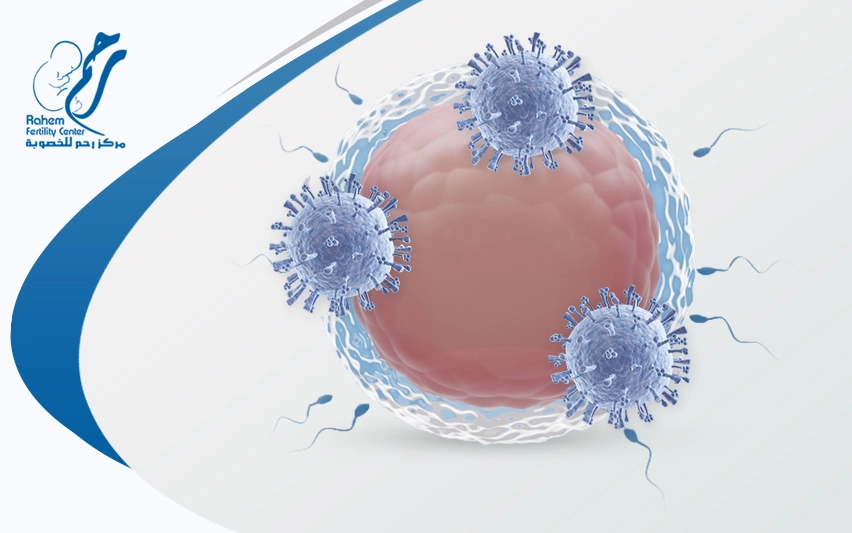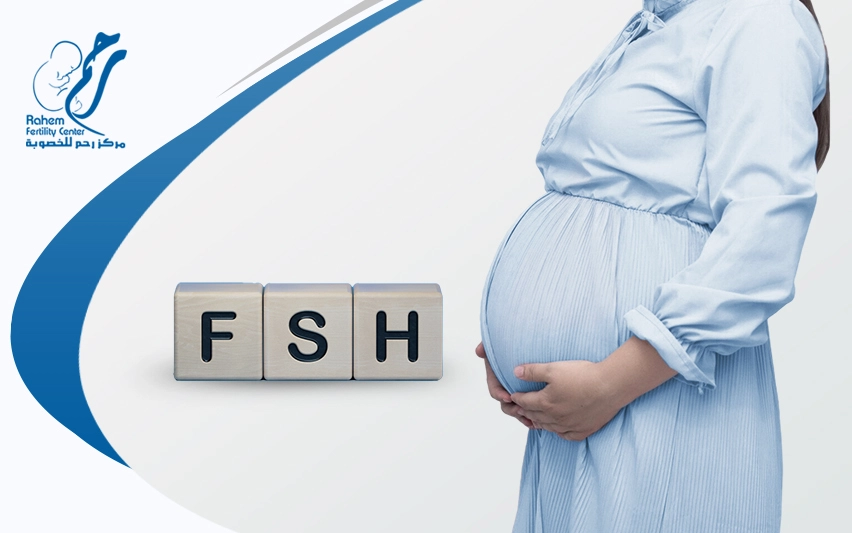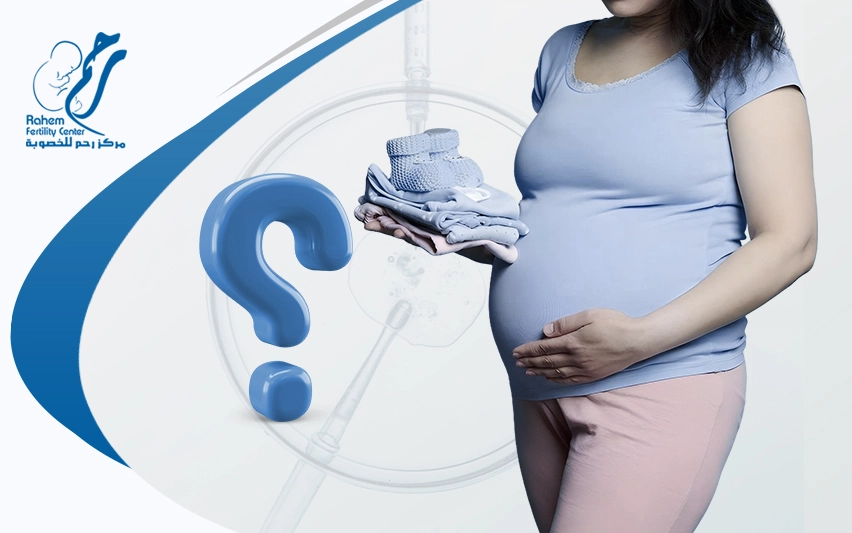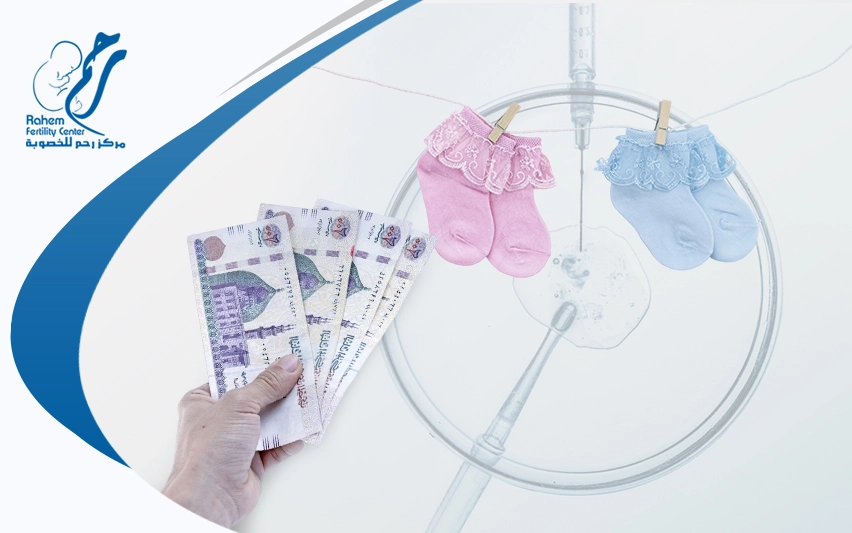In vitro fertilization (IVF) has become an increasingly common infertility treatment, and one of the most crucial aspects of the process is the administration of various medications through injections.
These injections play a vital role in stimulating the ovaries to produce multiple mature eggs, to be retrieved and fertilized in a laboratory setting.
Understanding the types of IVF injections used, their purposes, and potential side effects is essential for anyone considering or undergoing IVF treatment.
Get your inquiry
At Rahem Center, our vision is to be at the forefront of distinguished scientific centers in the field of fertility assistance, not only in Egypt but in the world.

Types of IVF Injections
Many types of IVF injections differ according to their action, such as:
- Gonadotropin-releasing hormone (GnRH) agonists and antagonists
These medications help regulate the release of hormones from the pituitary gland, ensuring that the ovaries are stimulated at the appropriate time. - Ovulation stimulating hormones: FSH & LH
FSH is essential for stimulating the growth of multiple follicles in the ovaries, while LH supports their development.
read more about : AMH Hormone Normal Levels
- Human chorionic gonadotropin (hCG) injection
Also known as the “trigger shot,” this injection is used to induce final egg maturation and ovulation, allowing for retrieval of the eggs. - Progesterone injections
Progesterone injections are often used to support the uterine lining and prepare it for implantation of the embryo.
It’s important to know that the dosage and duration of IVF injections vary regarding age, ovarian reserve & response, body reaction to the medication and general health condition.
Read more about : Freezing fertilized embryos
How to administer IVF treatment?
Patients are provided with detailed instructions from the specialist on how to prepare and administer the injections, which include: accurately
- Preparing the correct medication & dose.
- Clean the injection site with alcohol.
- Inject drug following your prescription (Common sites include the lower abdomen at least 5 cm away from the navel or the outer thigh).
IVF injections are typically self-administered using small, fine-gauge needles to be injected
Read more about : Embryo transfer
Common Side Effects of IVF Injections
While IVF injections are instrumental in boosting fertility, they can cause some side effects. Most are mild and temporary, but it’s essential to be aware of them, you may observe one or more of these symptoms:
- Bruising, redness, or swelling at the injection site.
- Headaches.
- Mood changes.
- Bloating or mild abdominal discomfort.
- Hot flashes are characterized by sudden warmth and sweating.
In rare cases, the patient may develop ovarian hyperstimulation syndrome (OHSS), which can cause more severe symptoms such as severe abdominal pain, nausea, vomiting, and rapid weight gain.
If you notice any of the previous symptoms, you should inform the healthcare provider immediately.
Read more about : Cryopreservation
What is the success rate of IVF in Egypt?
On average, success rates range from 40 to 60 percent per cycle for women under 35, and lower for older age groups. These outcomes align with international benchmarks.
What is the age limit for IVF in Egypt?
While there’s no strict national law, most clinics accept women up to age 50, depending on health status and ovarian reserve. Egg donation, however, remains legally restricted in Egypt, so age-related fertility treatment must rely on a woman’s own eggs.
Is Egypt good for IVF?
Yes. The country offers a high standard of care with internationally trained embryologists, modern lab technologies, and personalized treatment protocols. Many couples travel from across the Middle East and Africa to begin their IVF journey here.
Rahem: one of the best IVF clinics in Egypt
Rahem IVF Clinic stands out as a premier fertility center in Egypt due to several key factors, like:
- Experienced Fertility Specialists.
- investing in cutting-edge medical technologies and equipments.
- offering a wide range of services to patients from initial consultations to post-treatment support.
- prioritizing patient comfort and well-being.
- adhering to strict ethical guidelines and prioritising patient safety and confidentiality.
know more about : What Does IVF Stand for
Bottom line,
IVF injections are a crucial component of the IVF process, and understanding their purpose, administration, and potential side effects is essential for anyone considering or undergoing this treatment.
By working closely with healthcare providers and following instructions carefully, patients can navigate the IVF injections process with confidence and increase their chances of achieving a successful pregnancy.
read more about :











